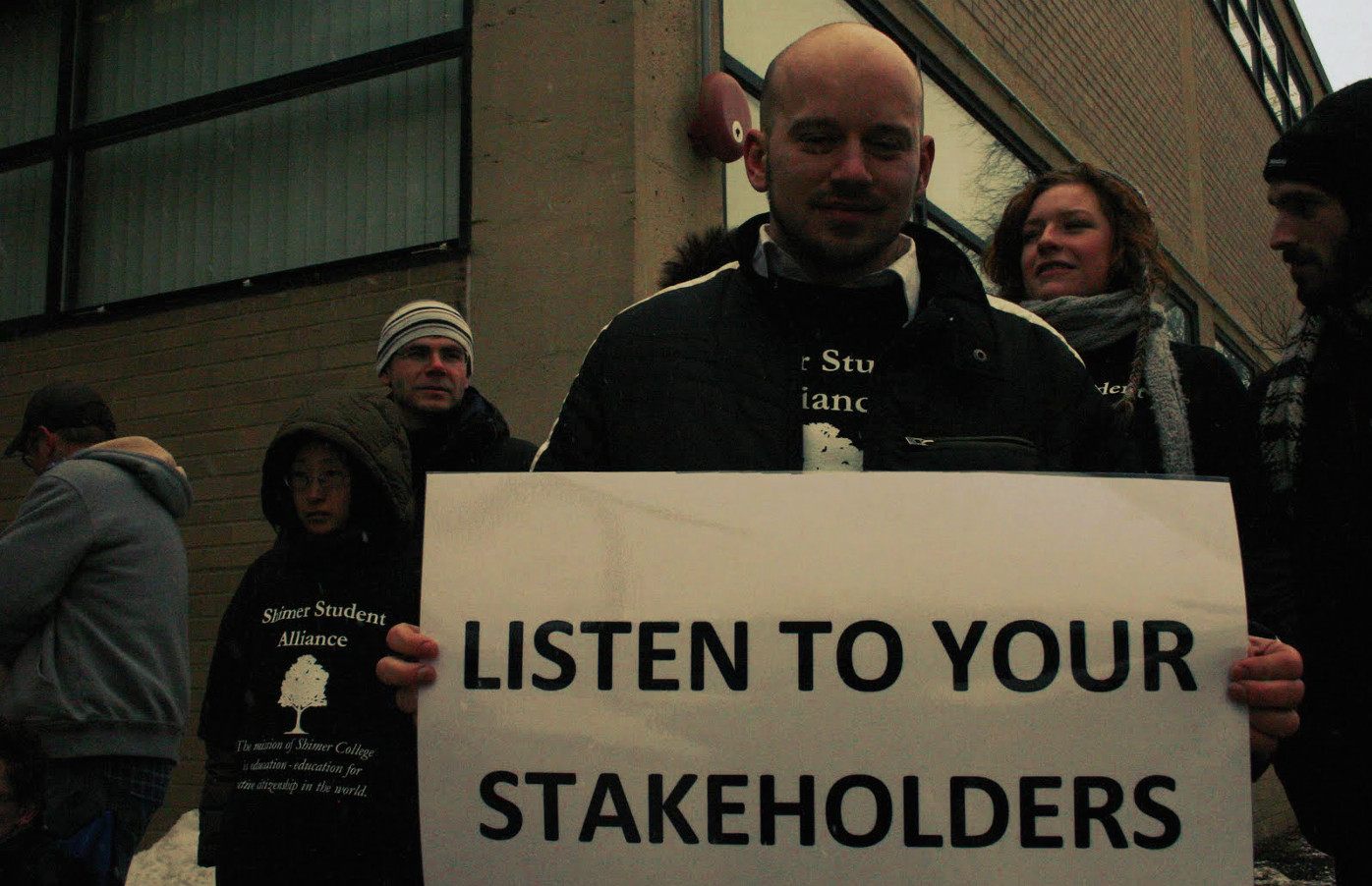Stakeholder relationships matter

First coined in 1984 by R. Edward Freeman in his book, Strategic Management: A Stakeholder Approach, Stakeholder Theory brought a new and somewhat radical approach to the study of organizational management and business ethics. Radical in the sense that it became the first theoretical framework to secure a prominent position for the interplay of values, responsibilities, and ethical decision-making in managing a business.
In contrast to the traditional shareholder view, stakeholder theory promotes a way of business conduct that takes into account all the parties that come into contact with a company’s ecosystem . From shareholders and employees, to customers, suppliers and the local community. A ‘stakeholder’ is a person or group that can affect or be affected by the business in question.
Here are three key lessons that we can learn from Freeman’s Stakeholder Theory:
- – Businesses that effectively manage all stakeholder relationships are more likely to succeed in the long-run.
- – Stakeholders must be considered together and not in isolation, working together in the same direction.
- – In the long-run, all stakeholders are equally important for the future of a business.
At the end of the day, both internal stakeholders (such as employees, management, shareholders) as well as external stakeholders (customers, the local community and even governmental or non-governmental organizations) – all have the power to significantly damage, and in extreme cases, bring down a business that mistreats them.
Wise companies must recognize the value in a stakeholder-driven management approach.

Andrei Rogobete is a Research Fellow with the Centre for Enterprise, Markets & Ethics. For more information about Andrei please click here.
